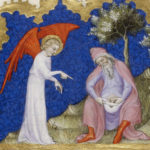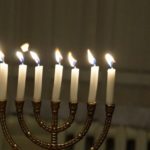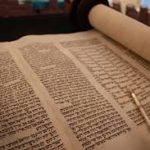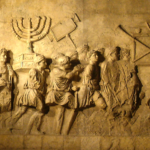Few can imagine the persecution that has been a constant enemy of the Jewish people. Surely God in all of His creation never intended for there to be such a gap between the Christian and the Jew. The celebration of the festival of Passover gives a testament to the goodness and mercy of a loving God, and according to some translations bridges the gap between Christianity and Judaism.
The Jewish people celebrate three different Biblical festivals, Pesach or Passover, Shavuot or Weeks and Sukkoth or Booths. Each of these festivals commemorates a seminal event in the birth of the Jewish people. When they are considered together, they represent the entire process that transformed the tribe of Hebrews into the nation of Israel.
The exodus from slavery in Egypt, the receiving of God’s laws by Moses, and the wandering in the wilderness for forty years before entering the promised land which is today known as Israel is a testament to their great struggle to be free. Of the three holidays, Passover, or the festival of freedom has the most universal message.
The story of Passover is told in remembrance during a festive ritual meal called a Seder. During the Passover, traditional Jewish custom forbids the consumption of leaven. Leaven is considered any food that is made from grain that has not been prepared according to a strict Passover cooking procedure.
The Passover is the tenth plague of Egypt
God had promised Abraham that He would give his descendants the land of Canaan. In order that He may do this, He rescued them from Egypt to bring them into their promised land. The tenth plague of Egypt was the death of all firstborn in Egypt with the exception of the Israelites. For them, God provided an atonement in the slaughtering of a Passover lamb.
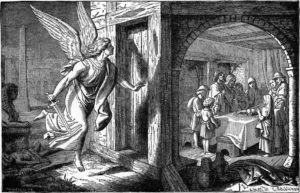 The blood of this lamb had to be daubed on the door-frames of their houses so that when God saw the blood He would pass over their house and were thus spared His judgment.
The blood of this lamb had to be daubed on the door-frames of their houses so that when God saw the blood He would pass over their house and were thus spared His judgment.
The offering of lambs in ritual today has been substituted with the roasting of eggs and shank bone. Declaring the importance of the Passover procedure, the Passover Haggadah gives a narration in Hebrew of the story as well as prayers that are useful in celebrating the holiday. Subsequently, this holiday also acts as an agricultural marker in that the celebration of spring brings new beginnings in a growing season.
This spiritual quest manifests by participation in the following Passover rituals:
The removal of Chometz-leaven-from a Jew’s possession and diet for eight days, or 7 days in Israel.
The Seder ceremony which takes place on the first and second nights of Passover. The Seder, which means order, begins with each participant experiencing the oppression that causes the individual to lose his or her dignity and self-worth. Through a 15 step spiritual journey each person is able to reconnect and to rediscover God’s oneness and love. This ceremony is highlighted with songs from Psalms that express thanks for the gift of freedom.
Redemption from Egypt
To remember that the physical redemption from Egypt is not an end in itself, Jews begin to count 49 days, starting from the second night of Passover in anticipation of Shavuot which is the festival that occurs 50 days after the Exodus and celebrates when God gave the Torah or the five books of Moses to the Jewish people.
In essence, Passover is a reaffirmation of the spiritual quest to be one with God throughout life’s journey.


